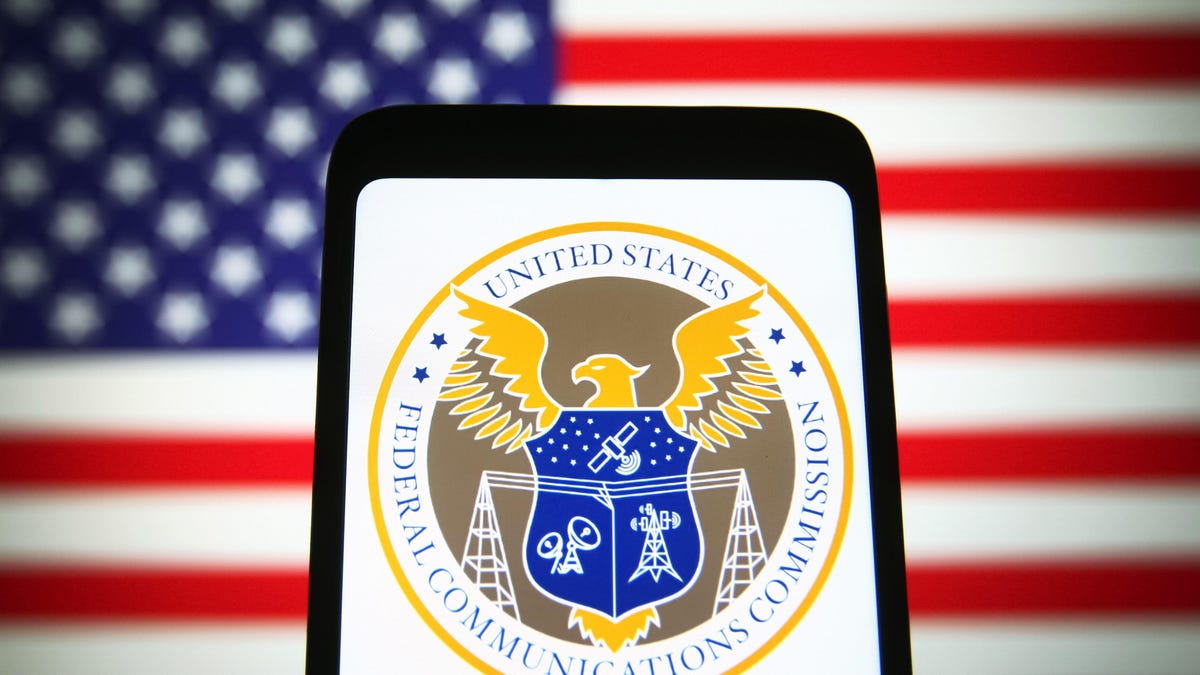FCC Wins Court Battle to Repurpose Auto Safety Spectrum for Wi-Fi
A federal court rejects a challenge to a 2020 FCC order, which reallocated the 5.9GHz spectrum to improve Wi-Fi speed and capacity.

The US Federal Communications Commission won an important battle in a fight to free up more unlicensed wireless spectrum for Wi-Fi devices.
A federal appeals court on Friday sided with the FCC in its decision to reallocate a big chunk of key spectrum for an expansion of unlicensed Wi-Fi use. The spectrum had previously been set aside for auto safety.
The US Court of Appeals for the District of Columbia rejected a legal challenge from the Intelligent Transportation Society of America and the American Association of State Highway and Transportation Officials seeking to reverse the FCC's 2020 decision to repurpose about 60% of the 5.9GHz band spectrum block for unlicensed indoor use to help improve speeds and reduce congestion on 5GHz Wi-Fi networks.
In 1999, the agency had set aside the spectrum for automakers to develop technology known as Dedicated Short-Range Communications, or DSRC, to allow vehicle-to-vehicle communication in order to avoid crashes. But for more than two decades, the airwaves have gone largely unused.
The FCC voted unanimously in 2020 on a bipartisan basis to free up that spectrum, which is adjacent to existing unlicensed spectrum in the 5.8GHz band. Freeing up this neighboring spectrum makes it possible for existing equipment to support gigabit Wi-Fi, experts say. This will greatly improve the performance and capacity of Wi-Fi, enabling new applications, such as telemedicine.
The FCC's original decision to reallocate the spectrum was met with controversy from the start. In addition to transportation trade groups, the US Department of Transportation also opposed the reallocation.
When the order was adopted, then-FCC Chairman Ajit Pai repeatedly defended the agency's action, saying the technology that had been slated to use the spectrum had been slow to evolve and had never been widely deployed.
To address a need for vehicle-to-vehicle communication, the FCC in its original order carved out a 30MHz sliver of spectrum for a more efficient vehicle communication technology called C-V2X, which is supported by chipmaker Qualcomm and some automobile makers.
Consumer advocacy group Public Knowledge argued that this 30MHz carve-out of spectrum, which will be retained by the auto industry, "is more than sufficient for collision avoidance and safety purposes," according to a brief the group submitted to the court in support of the FCC's decision.
"The D.C. Circuit's opinion is a victory for the public interest," Kathleen Burke, policy counsel at Public Knowledge, said in a statement following the court's decision. "Not only did the court reaffirm the FCC's authority as the expert agency over spectrum decisions, but it also upheld the FCC's correct call to stop bankrolling the auto industry's speculation on Intelligent Transportation Services that were still in development after more than 20 years."
Broadband groups, such as NCTA, which represents the nation's largest cable TV and internet providers, also applauded the court's decision, calling it "an enormous victory for American consumers."
"The Commission's unanimous, bipartisan order modernizes a band that was primarily unused for over 20 years," the group said in a statement. "And today's court decision enables that important 5.9GHz spectrum to provide consumers with even more reliable high-speed Wi-Fi and access to next-generation automotive safety applications"

